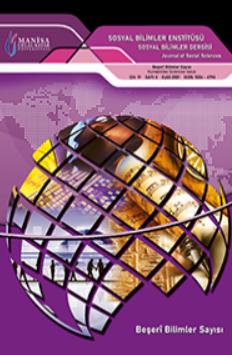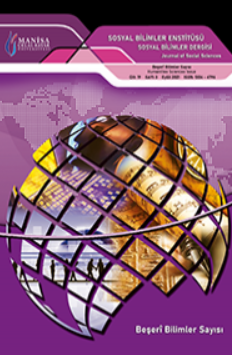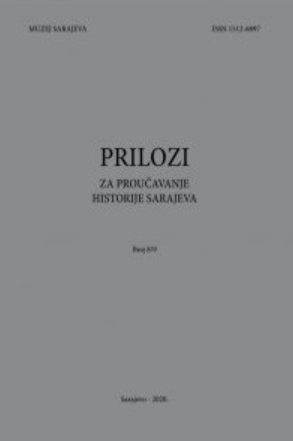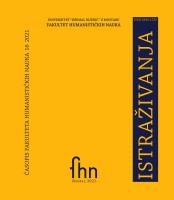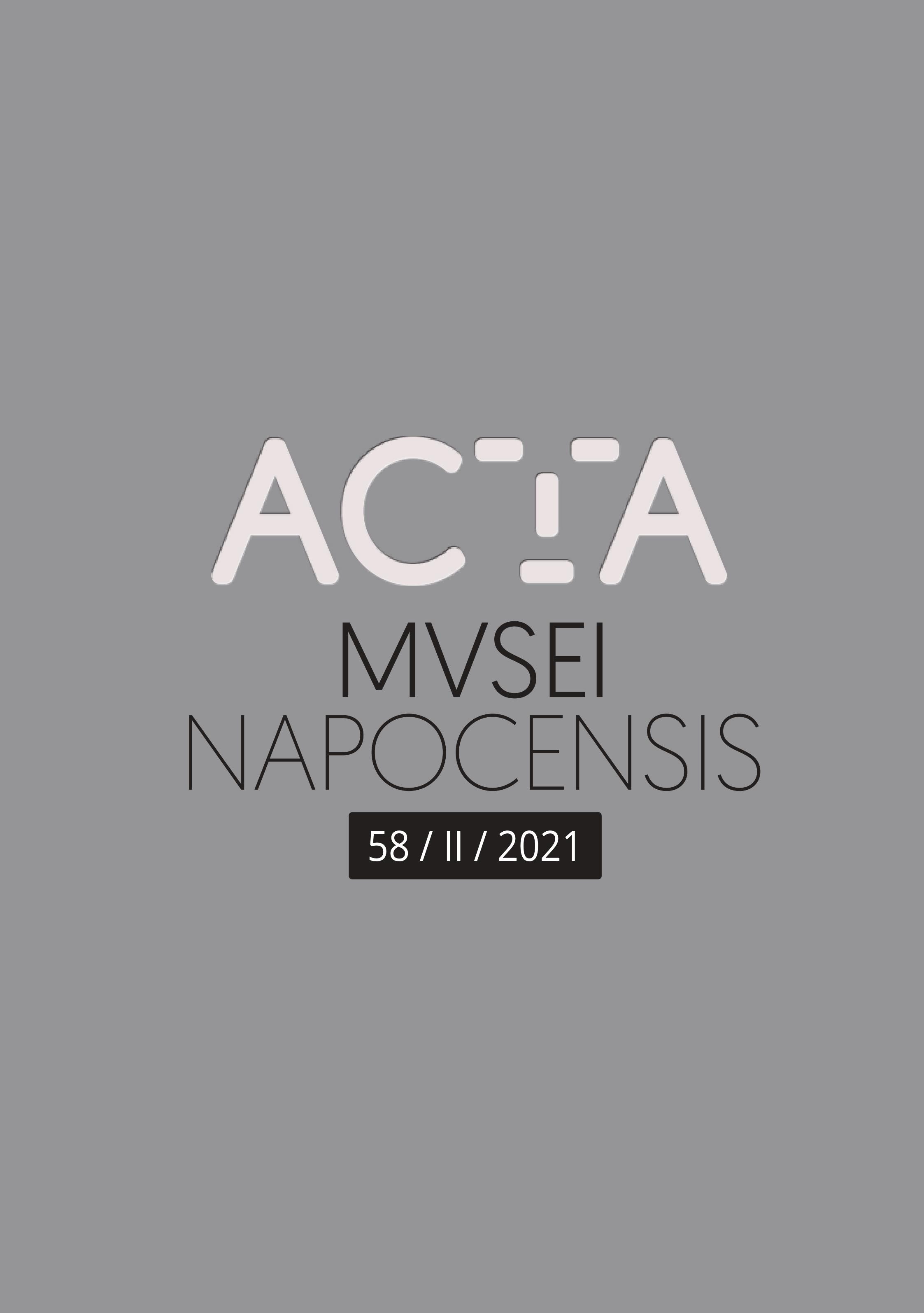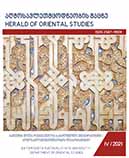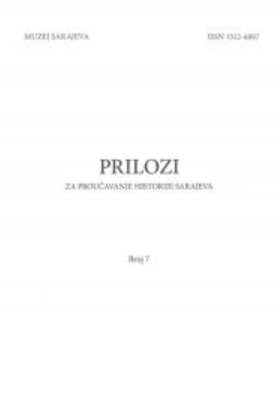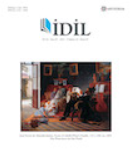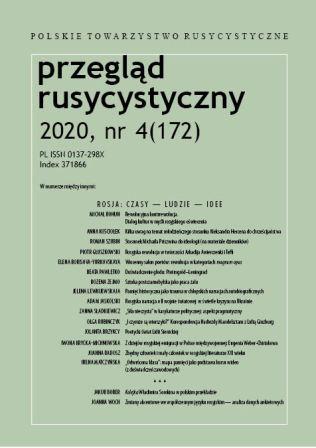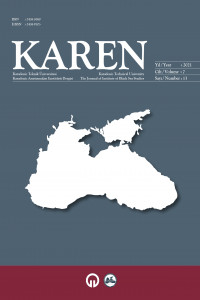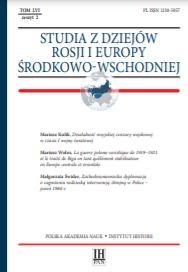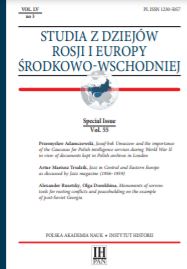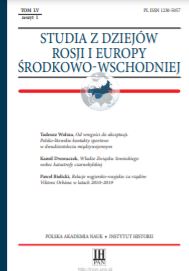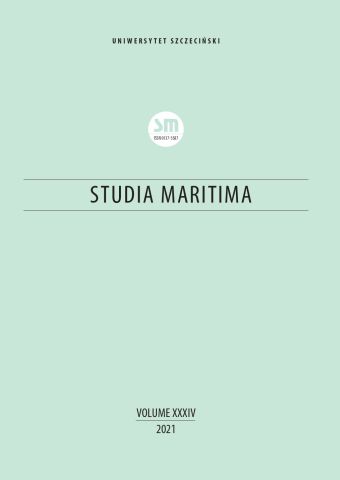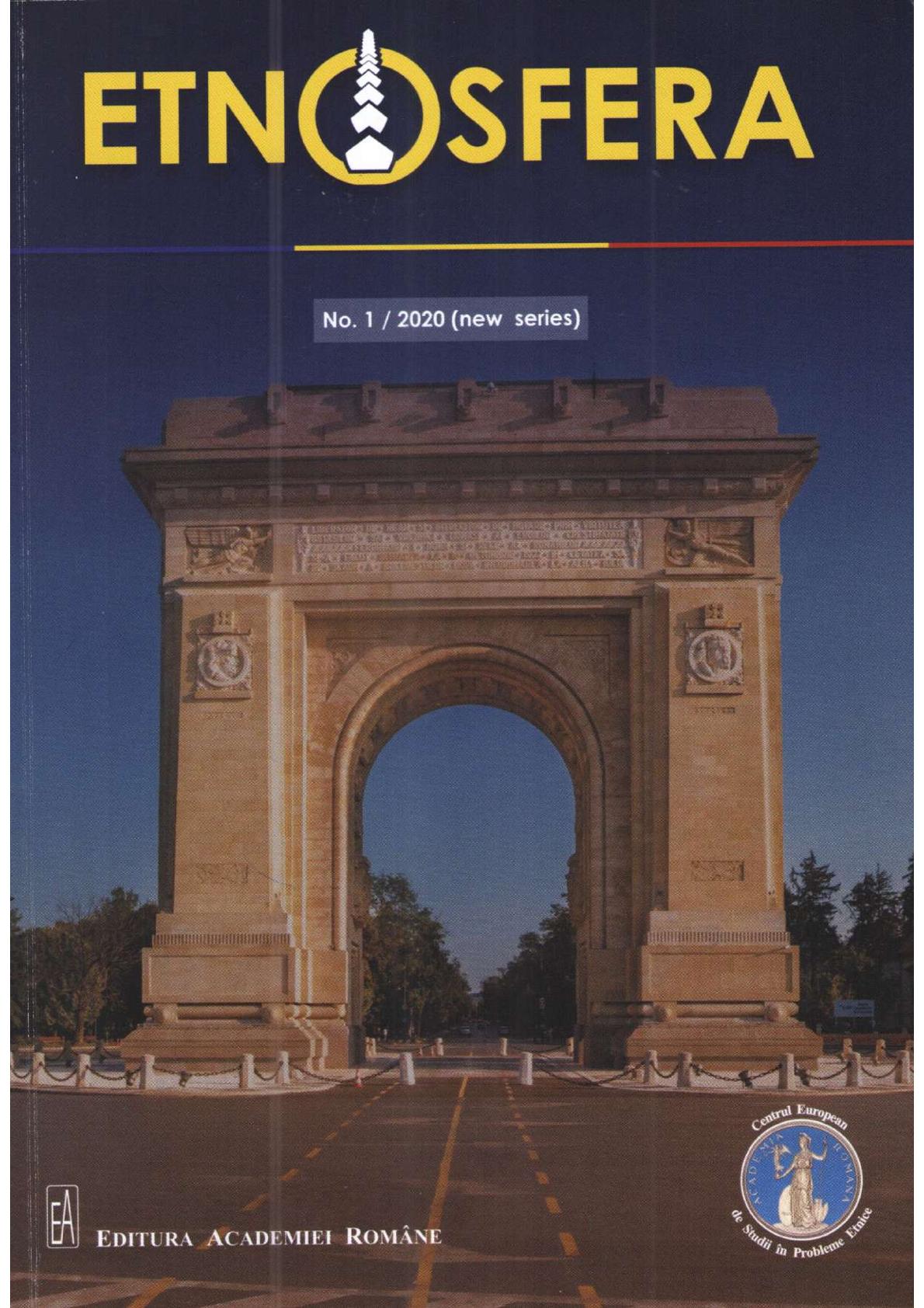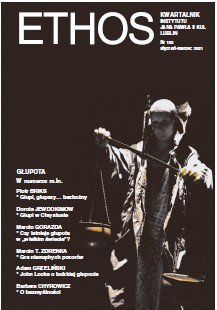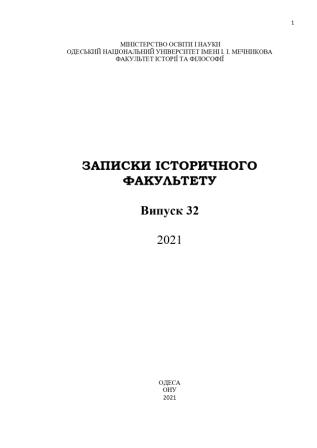Author(s): Mariusz Wołos / Language(s): French
Issue: 2/2021
Any of the warring parties did not declare the Polish-Soviet War of 1919-21. Instead, it was driven by the Bolshevik plans to export the revolution to western Europe, especially to Germany, and their intentions to build a Bolshevik state at least within the borders of the Russian Empire before 1914 (except for Finland and the former Kingdom of Poland). Bolsheviks of Polish nationality had also prepared plans for the Sovietization of the Polish state. Reborn Poland was a barrier and an obstacle that had to be either removed from the westward road to the revolution or subordinated to Moscow. On the other hand, the plans of Vladimir Lenin and other representatives of the Soviet elite were at loggerheads with the Polish border designs in the east. Józef Piłsudski and his supporters tried to implement the federation concept, which consisted of creating several countries east of Poland that would become a buffer for Russia and, at the same time, would weaken its potential by their existence on the territory of the former Russian empire. In fear of Russian or Soviet imperialism, the hope was that these countries would gravitate toward Poland. On the other hand, the leader of the National Democrats, Roman Dmowski and his supporters were in favour of the incorporation concept. Its essence consisted of the inclusion in Poland only of areas in the east in which Poles dominated in culture. These were territories inhabited mainly by Ukrainians, Belarusians, Lithuanians and Jews. In practice, the incorporation concept coincided more or less with the border of the second partition of the Polish-Lithuanian Commonwealth (1793). Neither Piłsudski nor Dmowski could imagine a reborn Polish state without Vilnius and Lviv or the oil-bearing Boryslav-Drohobych Basin. However, the Chief of State Piłsudski did not dogmatically treat his concept. He believed that the federation concept was the maximum plan, while the incorporation concept was the minimum plan. Under such premises assumed by the Soviet and Polish sides, respectively, territorial conflict was inevitable. However, the Polish-Soviet War was not only a war for borders. The ideological factor in the form of the spread of communism and Soviet imperialism behind it was vital for Moscow. For Poles, especially in the breakthrough months of 1920, it was a war for everything – for their own state, independence, sovereignty; in other words – for the possibility of further existence. Armed clashes began in late 1918 and early 1919 near Vilnius, occupied by the Red Army immediately after the retreat of the Germans. In April 1919, Piłsudski undertook a hazardous action to recapture Vilnius, which resulted in total success. Thus, Poland began to actively create its eastern policy without concealing its neighbours and the Western Powers’ aspirations. The offensive of the Polish army lasted until the summer of 1919. Among other things, Minsk was seized and a line of former German trenches from the First World War was planted. Against the pressure of the Western Powers, Piłsudski did not cooperate with ‘white’ Russia (especially the Armed Forces of South Russia under the command of General Anton Denikin). He knew that the victory of the ‘whites’ would mean territorial concessions to Russia at the expense of Poland with full acceptance by the Entente. He was guided by the Polish raison d’état, knowing that the Western Powers would not support the Bolsheviks. In addition, the civil war in Russia weakened this state, which was beneficial for Poland. In 1919, it was impossible to find any partners who wished to implement the federation concept with the Poles among Lithuanians and Belarusians. As a result, the idea of creating such a broad federation lay in ruins. Only among the Ukrainians could Piłsudski find a partner. It was ataman Symon Petliura, who headed the Ukrainian People’s Republic (Ukrainian National Republic), which was fighting both ‘white’ and ‘red’ Russia. Thanks to such common interests, the Poles and Ukrainians launched a joint offensive toward Kiev in April 1920 and quickly occupied the city. It was also a preventive measure, as Bolshevik leaders prepared an offensive against Poland after defeating the ‘white’ armies. Red Army troops were concentrated north and south of the Polesie swamps. In June 1920, the Bolsheviks counterattacked and quickly reached the outskirts of Warsaw and Lviv, where the heaviest fighting took place in July and August 1920. A successful counteroffensive of the Polish Army in mid-August turned the tide of the war. Shortly before the beginning of the Battle of Warsaw, the Bolsheviks dictated to the Poles peace conditions that were tantamount to the loss of sovereignty and would have meant Poland’s Sovietization. After the victory of the Polish army, however, they withdrew these conditions. Negotiations at the end of the war and the conclusion of peace took place first in Minsk, then in Riga. They lasted until 18 March 1921, when the peace treaty was signed. It established the borders between Poland, Russia, and Soviet Ukraine and regulated the rules of coexistence. The Polish-Soviet border was delineated under the incorporation concept proposed by Dmowski and his supporters, represented during peace negotiations by Stanisław Grabski. Piłsudski did not apply pressure for a federation to be established. After the experiences of 1919 and 1920, he knew that this concept was impossible to implement in those conditions. It would not be an exaggeration to state that Piłsudski’s idea was ahead of its time. The Treaty of Riga was a complement to the order established at the Paris Peace Conference in 1919. Some Polish historians, including the author of this text, use the term ‘Versailles-Riga order’ or even ‘system’. The Soviet Union’s trampling on the Treaty of Riga in September 1939 resulted in the loss of independence not only by Poland but also by Lithuania, Latvia and Estonia. It also brought about the incorporation of parts of Finland and Romania into the Soviet Union.
More...
